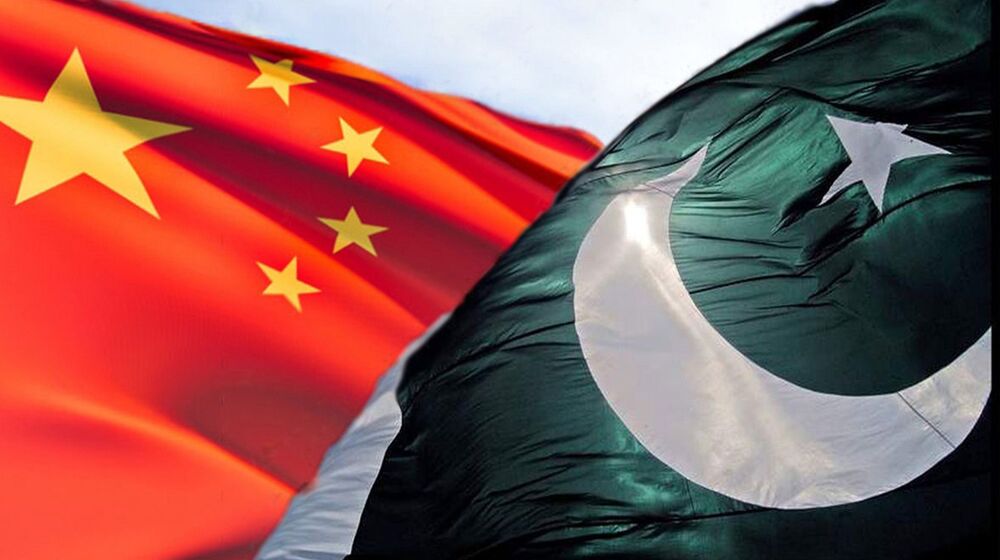Pakistan and China have agreed to enhance cooperation under the China Pakistan Economic Corridor (CPEC) by establishing modern digital infrastructure, including data centers, nationwide fiber optic networks, and joint artificial intelligence and quantum laboratories.
The promises were made during the 14th Joint Cooperation Committee (JCC) meeting hero in Beijing, which is headed by the two countries’ planned ministers. Officials, experts and representatives of the respective ministries of the two countries participated in the session.
Federal Minister for Planning Ahsan Iqbal highlighted that the second phase of the CPEC will focus on youth, innovation and people -driven development. He describes Pakistan and China as “Iron Brothers” bound by mutual trust and shared destiny. He proposed setting up 10,000 PhD scholarships, innovation centers, and internship programs with Chinese institutions to provide global exhibition and expertise to Pakistani youth. He emphasized that the partnership would prepare a copy of China’s allocated model of poverty and promote backward districts.
The minister noted that CPEC Phase One had already provided 8,000 MW of electricity, 888 km highways, and had transformed Godar into a Pakistani gateway from a fishing town.
He said that modernizing the ML One Railway would give a new look to Pakistan’s transport sector. In addition, agricultural reforms, electric vehicles and green energy projects were proposed to be included in the second phase, which was the target of gaining 60 % clean energy in 2030.
Emphasizing the economic growth, Iqbal proposed to link every CPEC transit with export targets and proposed the establishment of a special economic zone (SEZS) in Karachi and Islamabad. He called for maximum access to Chinese markets for Pakistani exports than in the ASEAN countries. He also mentioned that regional trade from the border markets in Blood, Torkham, and Gwadar will increase regional trade, while a transit of mining from Chagai to Gwadar will open new avenues for development.
Five CPEC passages, growth, innovation, green, livelihoods and regional contacts are considered to be new to Pakistan’s development model. Under the Digital Silk Road, projects like modern data centers, fiber optic connectivity, and joint AI laboratories will be implemented.
The Minister confirmed Pakistan’s commitment to ensure the safety and safety of all CPEC projects and Chinese personnel, while also highlighted that the phase two would focus on business partnership with the government rather than the government’s cooperation.

